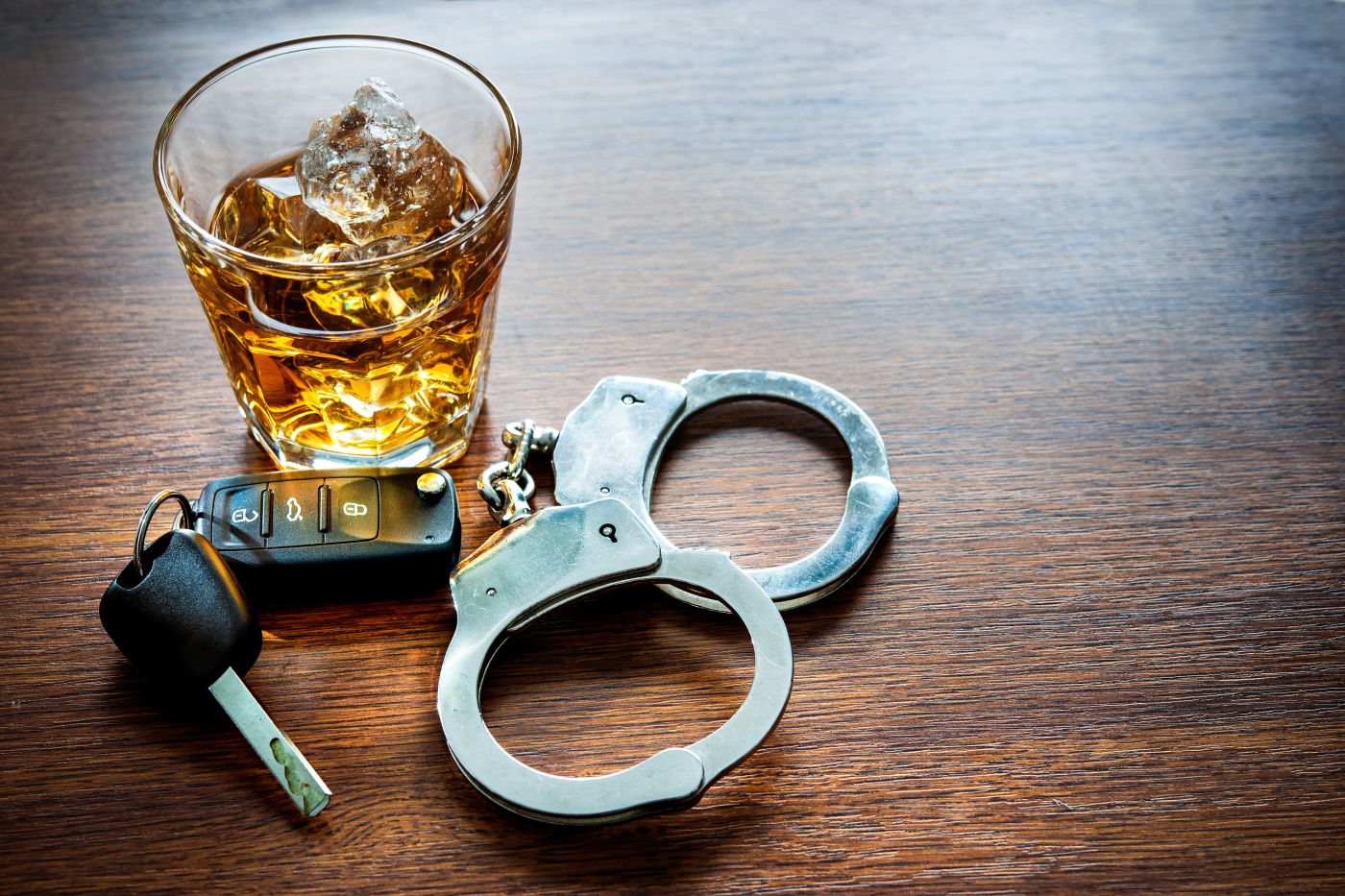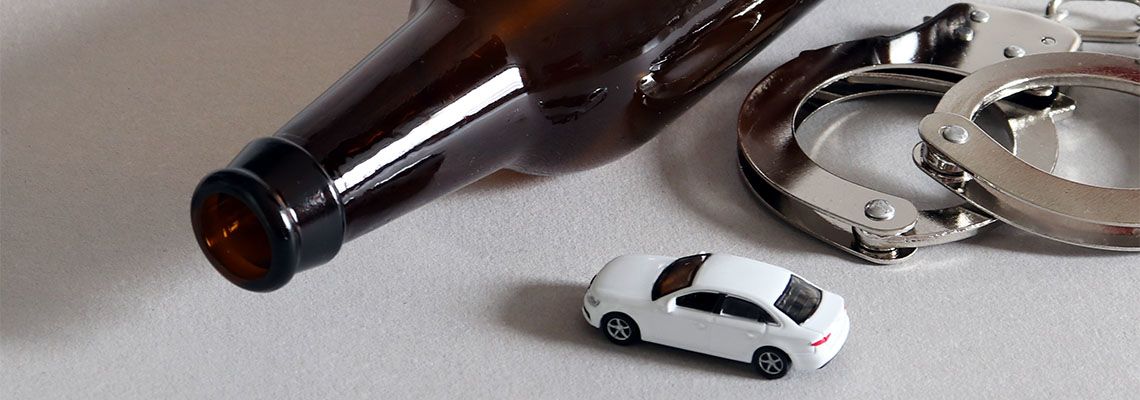
We’ve helped many individuals face DUI charges under Colorado law, and we understand the difference between a first mistake and a repeated pattern. A third DUI offense isn’t treated lightly under Colorado's DUI law.
While first and second offenses may come with opportunities for reduced penalties, a third-time DUI sends a strong message to the court—and the court responds with equally strong consequences.
Colorado’s legal system treats a third DUI as a serious public safety issue. Prosecutors, judges, and law enforcement agencies are under pressure to act decisively when someone continues to drive under the influence despite prior arrests.
From the moment of arrest, everything about a third DUI becomes more serious: the penalties, the court’s perception, and the long-term consequences.
An Overview of Colorado's DUI Law for Third Offenses
In Colorado, DUI law doesn’t automatically classify a third DUI as a felony, but that doesn’t mean it won’t come with serious consequences. A third DUI is still considered a misdemeanor, but the punishment is significantly harsher than for a first or second offense.
The statute allows prosecutors to look back indefinitely at prior DUI convictions, meaning even if the previous offenses happened over a decade ago, they could still count against you.
Under DUI law, a third conviction will lead to mandatory jail time, longer license suspensions, and stricter probation terms. Courts see this pattern of behavior as proof that prior punishments didn’t change your behavior, which makes them more likely to apply every tool available to discourage further incidents.
Mandatory Jail Time and Sentencing Terms
Unlike with a first DUI, where jail time can sometimes be avoided, a third DUI conviction carries mandatory minimum jail time.
Colorado DUI law requires a minimum of 60 days in county jail. The court has the discretion to sentence up to one year.
Extended License Suspension and Ignition Interlock Requirements
Colorado DUI law gives the Department of Revenue the authority to suspend your driver’s license administratively, separate from anything the court does.
Even after the revocation period ends, reinstating your license isn’t automatic. You’ll be required to install an ignition interlock device for a period of two years. This device measures your BAC before allowing your car to start.
Any failed test gets reported, and repeated failures can extend the time you must use the device or result in further suspension.
From a legal standpoint, the loss of driving privileges may be one of the most disruptive aspects of a third DUI.
Getting to work, taking care of family responsibilities, and managing your daily life all become more difficult. We work closely with our clients to help them pursue early reinstatement options if available.
Probation Conditions and Substance Abuse Monitoring
Probation after a third DUI conviction in Colorado is more than just checking in with an officer. Courts often impose very strict terms, including substance abuse evaluations, intensive outpatient treatment programs, alcohol monitoring through ankle bracelets or in-home systems, and frequent random testing.
These measures are designed to monitor behavior closely and reduce the likelihood of another offense. Under Colorado DUI law, third-time offenders are often required to attend a significant number of alcohol education and therapy hours, far more than what is required for first-time offenders.
It’s important to take probation terms seriously. Any violation—missed appointments, failed tests, or failure to complete treatment—can result in immediate jail time or extended probation. The court won’t hesitate to take further action when someone on probation appears not to be complying with these terms.
Financial Consequences of a Third DUI
Third offenses carry heavier financial burdens than first or second offenses. The court will impose higher fines, often nearing the maximum allowed under DUI law. Beyond the court fines, there are probation fees, monitoring costs, alcohol treatment programs, and fees for the ignition interlock device.
A third DUI conviction also impacts auto insurance significantly. Insurance providers may cancel policies, or if they continue coverage, the premiums will rise dramatically.
Some clients find themselves required to carry SR-22 insurance, which is a special policy that proves financial responsibility. This can remain in effect for several years, depending on the court’s judgment and DMV requirements.
The financial impact extends beyond court and administrative costs. Missed work, lost employment opportunities, and damage to professional reputation all follow closely behind a third DUI conviction. These costs often far exceed the legal fees or fines, and they last much longer.
Collateral Consequences That Affect Daily Life
Under DUI law, a third conviction also brings collateral consequences. These aren’t part of the court sentence, but they affect your life in very real ways. Many people don’t realize until after sentencing that they may lose professional licenses, be denied housing, or face immigration consequences if they’re not citizens.
Employers may choose to terminate someone after a third DUI, especially if their work involves driving or public safety. For those in medical, legal, or financial fields, a third DUI can trigger disciplinary reviews from licensing boards. These reviews can lead to suspension or revocation of licenses needed to work in certain careers.
It’s important to build a legal strategy that reduces long-term harm wherever possible. While some consequences are unavoidable under current DUI law, others can be addressed with timely action, documentation, and advocacy during court proceedings.
Defending Against a Third DUI Charge
Facing a third DUI doesn’t mean you're automatically guilty. Prosecution must still prove the case beyond a reasonable doubt. Every DUI charge must meet specific legal standards, and law enforcement must follow strict procedures.
It’s important to begin with a thorough review of the traffic stop, the field sobriety tests, and the chemical testing process. If officers made mistakes, violated rights, or failed to follow legal protocols, that can affect the outcome.
DUI law places legal obligations on law enforcement, and if those obligations weren’t met, the case may be open to challenge.
Plea options may be more limited in a third case, but they still exist. Sometimes we negotiate alternatives to full jail time or seek treatment-focused outcomes where appropriate. In every case, our goal is to protect our client’s future while respecting the legal realities of a third-time charge under Colorado DUI law.
Reach Out Today
At The Leier Law Office LLC, we treat every third DUI case with the seriousness it deserves while still recognizing the human being behind the charge.
Our defense lawyer helps our clients make sense of where they are and what comes next. We’re proud to serve Fort Collins, Colorado, and the surrounding areas of Loveland, Greeley, Windsor, and Evans. Call today to speak with an experienced DUI law attorney.



